Most everyone knows how essential brushing your teeth is to your oral health. Arguably, it is one of the most critical steps to keeping your mouth healthy and clean. However, brushing alone is not enough to prevent dental diseases or infections. Flossing your teeth is vital to keeping your teeth and gums healthy. Your toothbrush cannot adequately reach between your teeth and gums. Without flossing, you are leaving many surfaces of your teeth unclean.

Flossing Routine
Dentists recommend flossing your teeth at least once a day to remove plaque from between your teeth and under your gum line. While there is no particular order to your oral health routine, consider flossing before you brush your teeth. Flossing first can help loosen food particles, making brushing easier and more effective. In fact, it can help the bristles of your toothbrush reach between your teeth better.
The type of floss you use depends on your preference. With traditional floss, there are both waxed and unwaxed varieties. Waxed floss is great for people whose teeth are closer together. The wax helps the floss slide between teeth. You can also look into dental tape, which is broad and flat. This allows the floss to reach between tight teeth. If you have dental work or appliances, you may consider super floss, which is essentially three kinds of floss in one thread. Finally, there are water flossers, air flossers, and flossing sticks with precut floss.
What Does Flossing Do?
Flossing is vital for more than just removing food particles after eating.
Prevent Gum Disease
One of the best ways to prevent gum disease is to floss regularly. Lack of flossing and proper oral health is the culprit of most gum disease. Brushing your teeth removes plaque from most surfaces of your teeth. However, your toothbrush can’t properly clean between your teeth, which is why you need to floss. Additionally, it can remove plaque from under your gum line. Without flossing, plaque can continue to build and cause irritation to your gums. Eventually, the irritation can develop into gum disease. Therefore, flossing can help minimize your chances.
Tooth Decay
Just because there isn’t much room between each of your teeth doesn’t mean that you can’t develop tooth decay. In fact, it is the hard-to-reach places that are more likely to form cavities. Therefore, you need to remove as much plaque and bacteria as possible, and brushing alone is insufficient. Additionally, cavities that develop between your teeth are more difficult to treat. Therefore, it is better to avoid them if possible.
Overall Health
Studies suggest that flossing and good oral health are linked to better overall health. Developing gum disease can put you at risk of other health conditions that can be bad for your body. For example, there are correlations between gum disease and heart disease. Avoiding gum disease can prevent many other health problems, which means you should include flossing in your daily routine.
